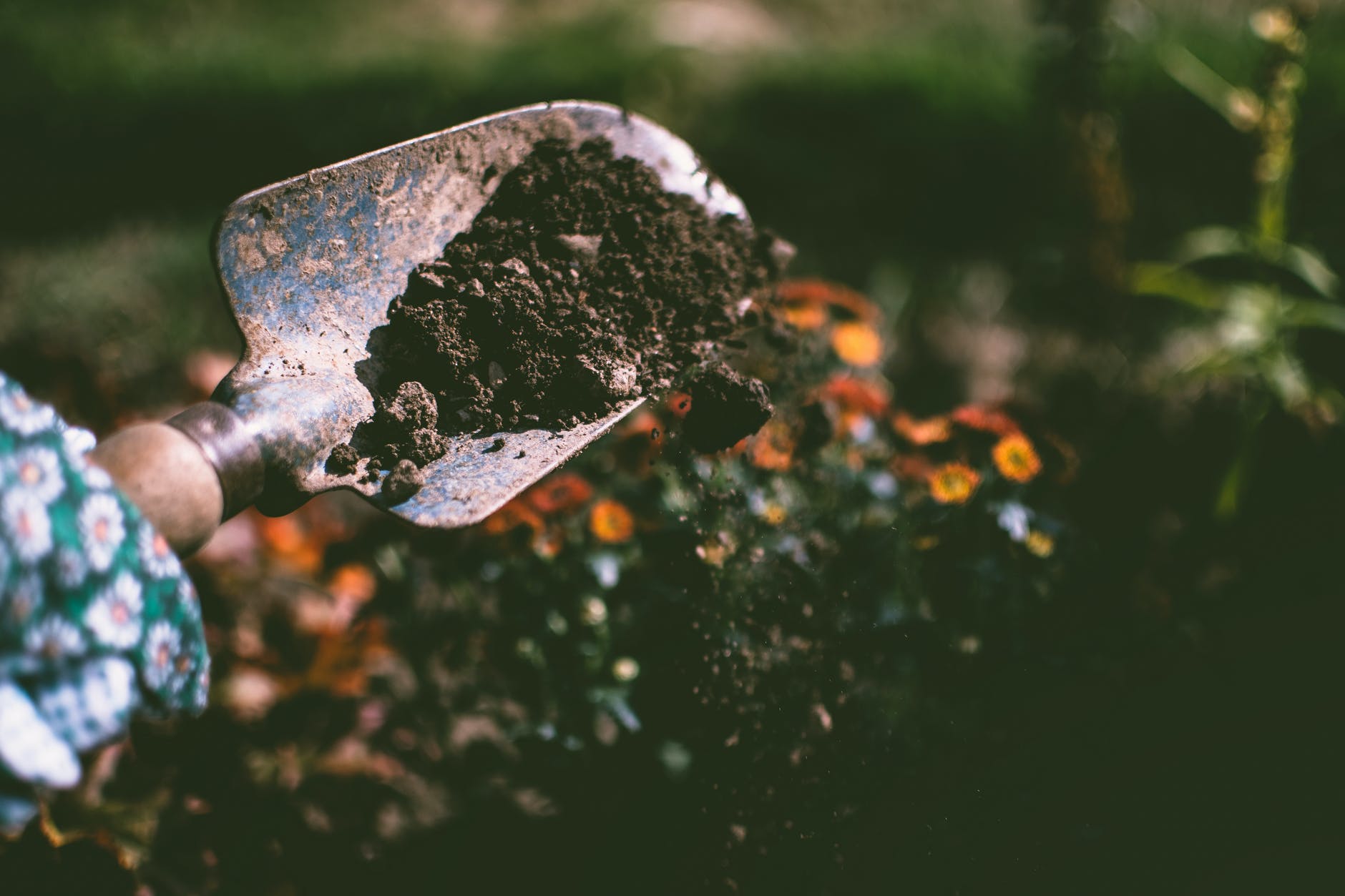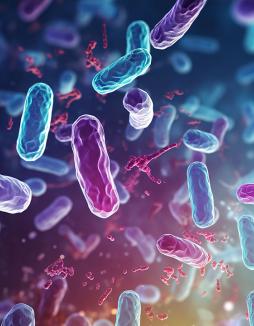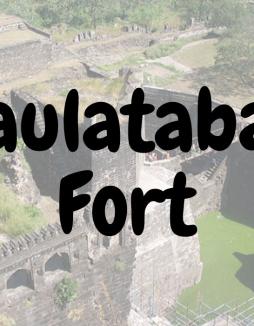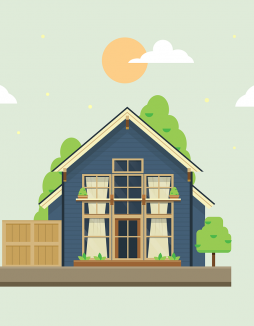Importance of Soil for Your New Garden Foundation
At the point when it's an ideal opportunity to plant, the soil may not be the main thing at the forefront of your thoughts. Yet, when you burrow somewhat deeper, it's anything but difficult to perceive any reason why it's the way to having solid, flourishing plants, and why just planting in whatever soil you happen to have in the patio isn't the best thought.
We've expounded a great deal on the soil throughout the long term, nearly passing on information that we've assembled more than 40 + long years of gardening. Also, although this fundamental component is so basic to the accomplishment of any spice garden, and you'd think we 'knew everything at this point, there is, in every case, more to share!
We feel compelled to stress this as much as possible: knowing your soil, and understanding what to do to improve your soil, is the most significant thing you can do to ensure solid and upbeat spices. Supplements must be accessible to plant roots. Too sandy and permeable implies that the supplements won't remain in the soil and won't get to the plants. Excessively minimal and weighty, the soil won't give up the supplements, and compaction around the roots implies that you run a decent possibility of losing your spices.
Why Is Soil So Important?
Soil, or rather, the ripeness of your soil, is THE #1 most significant interesting point when undertaking any projects including live plants or grazing animals. If your soil isn't ripe, at that point, plants won't develop (or if nothing else, not develop generously). Regardless of whether you are developing some plate of mixed greens to spare a couple of dollars at the market or developing grain blends to keep your domesticated animals took care of through the winter, the ripeness of your soil is the way to progress.
Great soil is rich with supplements, so plants have a bountiful food gracefully to help solid events. Shockingly, numerous local soils frequently need fundamental minerals like nitrogen, phosphorus, and potassium, which means plants experience difficulty arriving at their maximum capacity. That is the reason Miracle-Gro® soils are improved with ceaseless delivery plant food—so your blossoms, vegetables, and spices have the nourishment they have to flourish.
What Kind of Soil Do I Have?
The sort of soil that you need to work with is a major deciding component in the assortments and measures of supplements it contains. To figure out what sort of soil you have, take an example.
We classify soil in terms of its consistency:
1. Sandy soil
It is anything but challenging to burrow; however, it doesn't hold supplements or dampness. All alone, sandy soil can't give your plants the important elements for growth.
If the layer at the base of the container is significantly bigger than the other two layers, at that point, you have sandy soil. Sandy soils are alright for developing root vegetables like carrots or developing vegetables with delicate root systems like peas. Notwithstanding, you should keep up on your treatment and water since sand isn't truly adept at holding either.
2. Heavy Clay soil
It is weighty, and the earth will, in general, tie the soil, not permitting air to enter and holding water gambling decay of your foundations. Also, that clingy soil won't discharge the required supplements.
On the off chance that the layer on the head of the container's layers is the thickest, you have a hefty earth soil. Earth soils are the specific inverse of sandy soils—they hold water and supplements excessively well. Likewise, they are thick and make it hard for plant-root development.
3. Loamy soil
It is an ideal parity that gives your plants soggy and brittle soil that smells rich and 'gritty.' An important segment of this magnificent mix is fertilizer, disintegrated natural issue here and there alluded to as humus.
Loamy soil is the point at which all layers in the base of the container are essentially equivalent. This is ideal soil to develop anything in. It holds water and supplements, yet also depletes well, so there is no development to hurt your plants.
Nutrients
When we talk about nutrients, we discuss the three fundamental nutrients basic for plant development: nitrogen, phosphorus, and potassium. They ensure plant development, root improvement, and sickness obstruction. It's so natural to test your soil, and if you find a lack, basically including these supplements once more into your soil is everything necessary.
· Nitrogen: promotes leafy development, an excess of restrains blossoming, so ensure you use sparingly. Excellent sources incorporate compost, fish meal, or blood meal.
· Phosphorus: promotes a reliable root system and blossoming. Since this nutrient doesn't 'move' virtually through the soil, try to delve it in. Your best source is Bone Meal.
· Potassium: helps with withstanding sickness and dry season just as aiding in foods grown from the seed creation. The best source is potash.
Trench Composting to Improve Garden Soil
It doesn't make a difference what sort of soil you've verified that you have. I have a single word answer to fix it: fertilizer. Manure is a separate natural issue. There are bunches of ways you can compost; however, my preferred technique is to compost set up. Bunches of individuals allude to it as channel treating the soil or pit treating the soil.
Trench composting the soil is when you burrow channels or pits where you dump natural materials to deteriorate. The life in the soil separates everything and transforms it into a thick, dim supplement rich humus. This hummus is incredible for waste, yet the natural material in it holds water all around ok to continue giving your plants precisely what they need as they need it.
It’s All About the Soil
People, 'you get what you pay for' and on account of soil, don't be tricked by the draw of 'soil' or 'manure'; that doesn't mean great soil. It could, in all likelihood, be terrible soil, total with lingering pesticides or sewer slime. If you need solid and sound spices, please give them a decent beginning, which implies a top-quality soil blend. Why go to all the difficulty to plant a nursery if your establishment is frail? Soil is one of the most significant elements in fruitful cultivating, regardless of whether in containers, barns or the ground.













